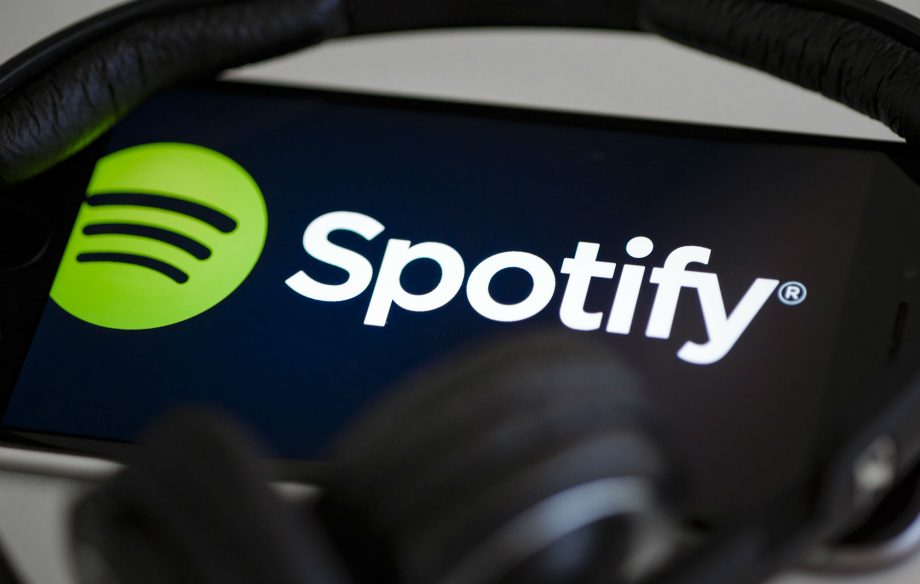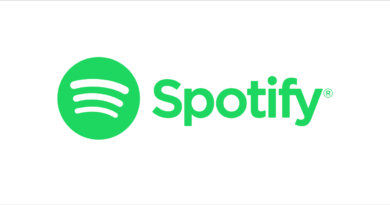
Spotify offers artists and labels a way to game the system. Something doesn’t feel right.
I apologize for the Inside Baseball nature of this post, but it’s something we need to talk about because there are plans afoot to manipulate what you hear on Spotify.
The company has introduced a new feature called “Discovery Mode.” This proposal will allow artists and record labels to flag specific tracks for favorite status with Spotify’s algorithms. The platform will push these tracks on certain playlists and other algorithmic moves in exchange for the artist and the label agreeing to a discounted streaming payout.
Let me put it another way: Spotify will let songs jump the algorithmic queue–we’ll let you influence the song recommendations we make–ahead of millions of other songs if you take less money for your song. Your payout will be smaller, but you’ll have a better chance of blowing up and thus potentially earning much more. How much of a discount required–what they’re calling a “promotional royalty rate”–has not been disclosed.
The reaction from artists and Spotify watchers has not been good. This has been called “reverse payola.” There’s even an economic term for this kind of thing: “rent-seeking.”
This is also the exact opposite of what artists have been demanding with the current campaign to increase artist payouts to at least one cent per stream.
Other people are all for the plan, saying that this sort of thing has been accepted practice for years in the real world. For example, when you go into virtually any store–grocery stores are the perfect example–each end of an aisle has a big display dedicated to a particular product. Companies either pay the stores for that coveted display space or offer their goods at a special discount.
It was the same in the old-school day of record stores. Those endcaps (the name for a display at the end of an aisle) or big front-of-the-store displays were bought and paid for by labels. You therefore could make the argument that Spotify’s “Discovery Mode” is the same sort of thing.
The difference is that with a store display, you can just ignore and walk past it. But with “Discovery Mode,” someone is paying for a song to be added to your feed without your knowledge. It’s a form of audience manipulation that will only be available to those who are willing to pay–or, in this case, take less money for your work, which, of course, amounts to the same thing.
In the radio universe, this kind of pay-for-play is known as “payola.” It’s not only highly unethical to take money or goods in exchange for playing a song on the radio, it’s also highly illegal. How can Spotify get away with this? Perhaps because no money is required upfront, Spotify thinks they’re skirting the whole payola thing.
Oh, and one more thing. Keep in mind that the major labels all have ownership stakes in Spotify.
Something just doesn’t smell right. Read more here.


